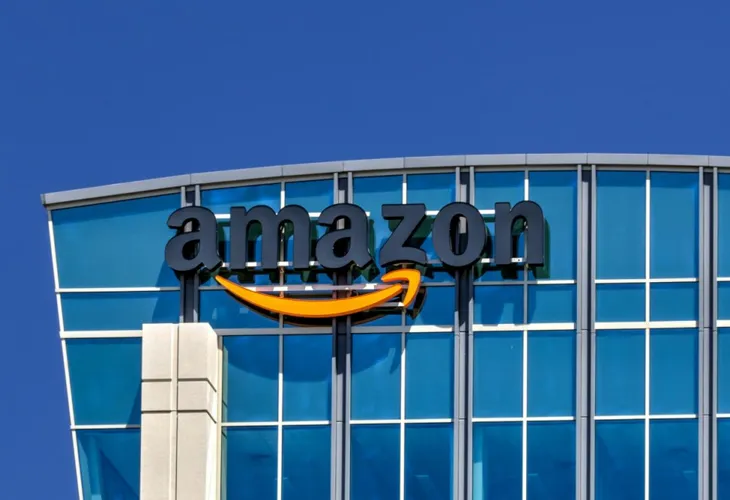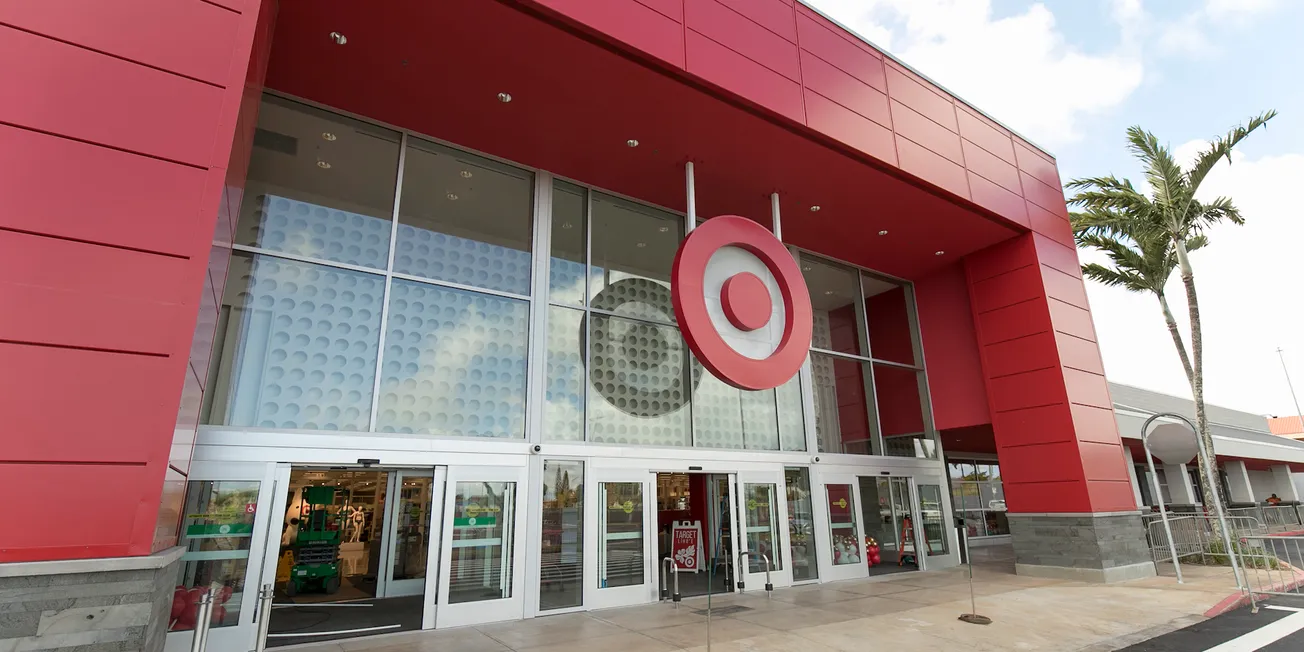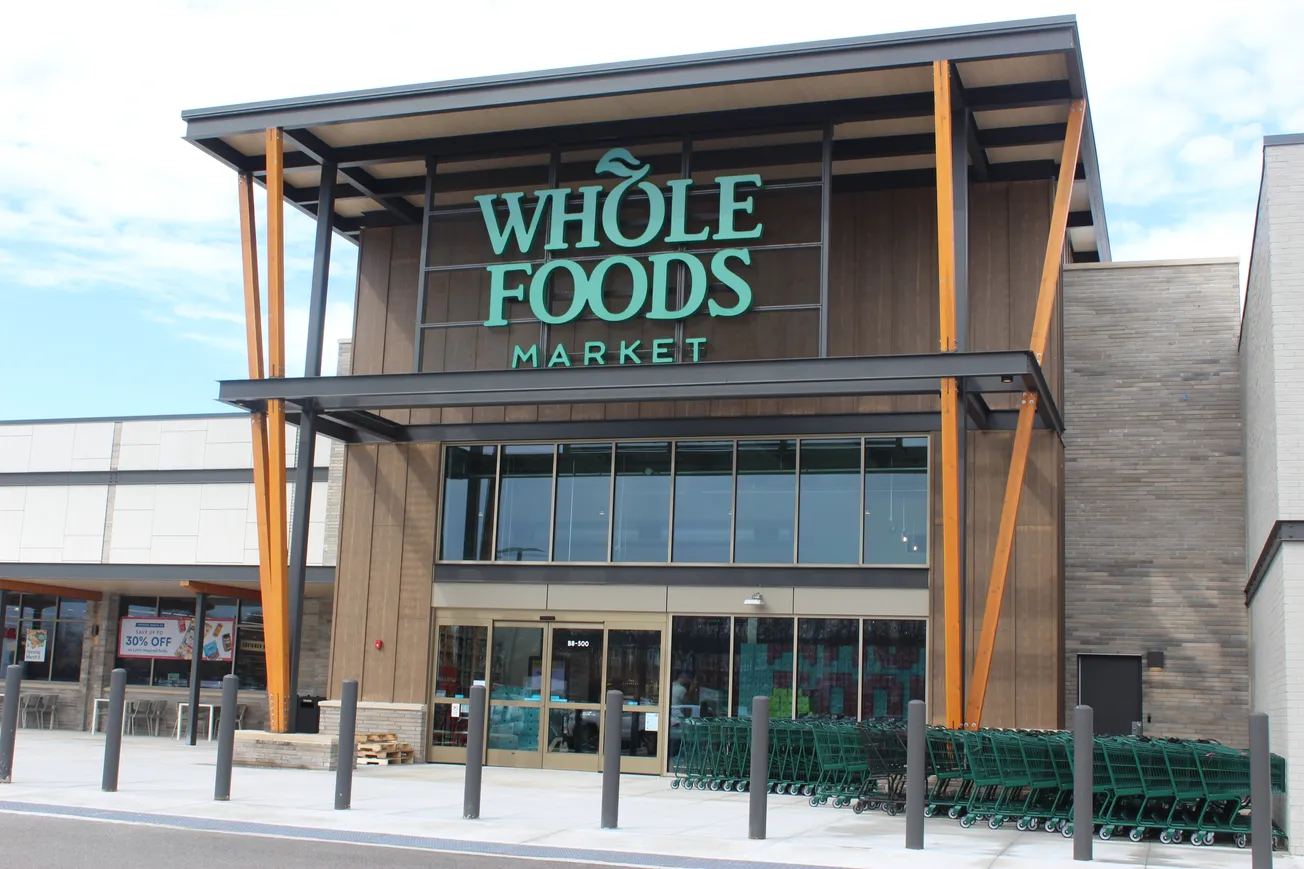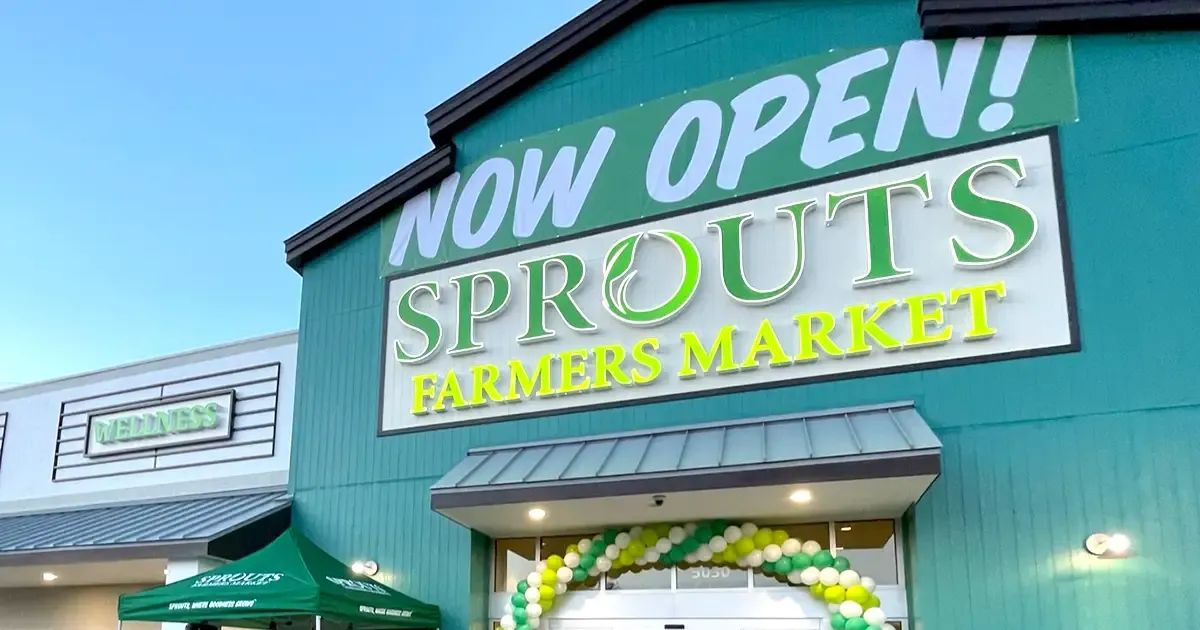Amazon, synonymous with innovation in retailing and technology, consistently tests boundaries as a result of its self-described customer obsession and commitment to long-term thinking. The company’s catalytic role in e-commerce is a given, but in recent years it has also extended its reach in the realm of brick-and-mortar retailing.
 Through the acquisition of Whole Foods Market two years ago and the rollout of bookstores and Amazon Go convenience outlets, the company is establishing a physical presence in communities across the country. Receiving less notice, but potentially of equal significance is Amazon’s colonization of other retailers.
Through the acquisition of Whole Foods Market two years ago and the rollout of bookstores and Amazon Go convenience outlets, the company is establishing a physical presence in communities across the country. Receiving less notice, but potentially of equal significance is Amazon’s colonization of other retailers.
The company struck the first such deal in the spring of 2017 when department store operator Kohl’s agreed to begin selling Amazon smart home experience products at 10 locations and offering free returns for Amazon purchases at 82 outlets. The former program was recently expanded to 200 stores, and the latter will be available across Kohl’s 1,150-unit chain beginning this month. Under a separate partnership, consumer electronics retailer Best Buy started offering Amazon Fire TV Edition smart television sets at its stores in the United States and Canada in April 2018.
Now comes Counter, Amazon’s latest foray in that regard in the U.S. The service, which debuted at 100 Rite Aid stores and will be extended to 1,500 of the drug chain’s locations by the end of the year, gives Amazon customers the option of retrieving packages at staffed pickup points. Delivery — whether same-day, one-day, two-day or standard — to a Counter desk comes at no additional cost.
Technology developed by Amazon drives the new service, which appeared in the United Kingdom and Italy before being brought to this country. When shopping on amazon.com a customer will be given the option to have a package delivered to a nearby Counter location and receive an email with a barcode as soon as it arrives. The shopper then presents the barcode at the store to retrieve the package. Especially important for Rite Aid and other potential partners — Amazon has indicated that it is actively recruiting additional retailers for the program — the technology is said to be simple to utilize, enabling store staff to assist Counter customers without interfering with their other duties.
The collaboration between Rite Aid and Amazon should benefit both companies. The drug chain has struggled ever since criminal financial wrongdoing by executives in the late 1990s left the company on the verge of bankruptcy. Although a new management team enabled Rite Aid to avoid that fate, it was subsequently hampered by a very heavy debt load.
The company thought it had a way out the dilemma in 2015 when it agreed to be acquired by Walgreens Boots Alliance, a transaction that was blocked by federal antitrust regulators, and again in 2018 through a merger with Albertsons Cos., which foundered on opposition from Rite Aid shareholders and investment advisory firms. In between those setbacks, the company succeeded in selling 1,932 stores — almost half the chain — to WBA.
In order to compete effectively in a trade class dominated by Walgreens and CVS Pharmacy, each of which has some 10,000 outlets, Rite Aid must be willing to take risks and make bold moves. The partnership with Amazon fits the bill. As Jocelyn Konrad, the drug chain’s executive vice president of pharmacy and retail operations, says, “Being the first store partner for Counter in the U.S. is a differentiator for Rite Aid,” one that will enhance convenience for existing shoppers and help attract new ones.
Part of Rite Aid’s digital transformation strategy — which also includes a new pact with Adobe to create connected personalized health and wellness experiences through the Adobe Experience Cloud — the deal with Amazon is a bid to reimagine and reenergize a company that endured a period of stasis when the attempted mergers with WBA and Albertsons Cos. were playing out. The partnership is a calculated risk because it promises to make Amazon, which is already making significant inroads in such core drug store categories as over-the-counter medications and beauty care, an even more formidable competitor. For Rite Aid, it is a risk worth taking.
The implementation of Counter at the drug chain is a coup for Amazon. It will greatly expand the network of Amazon Hub pickup and return points, further bolstering the company’s convenience proposition. In addition, the deal represents a step toward Amazon founder, chairman and chief executive officer Jeff Bezos’ goal of raising the retailer’s profile in the brick-and-mortar world, where, he recently noted, 90% of sales still occur. And, for a company that is known to be exploring the best way to enter the prescription drug business, the current partnership with Rite Aid could well prove to be a prelude to closer collaboration in the future.






